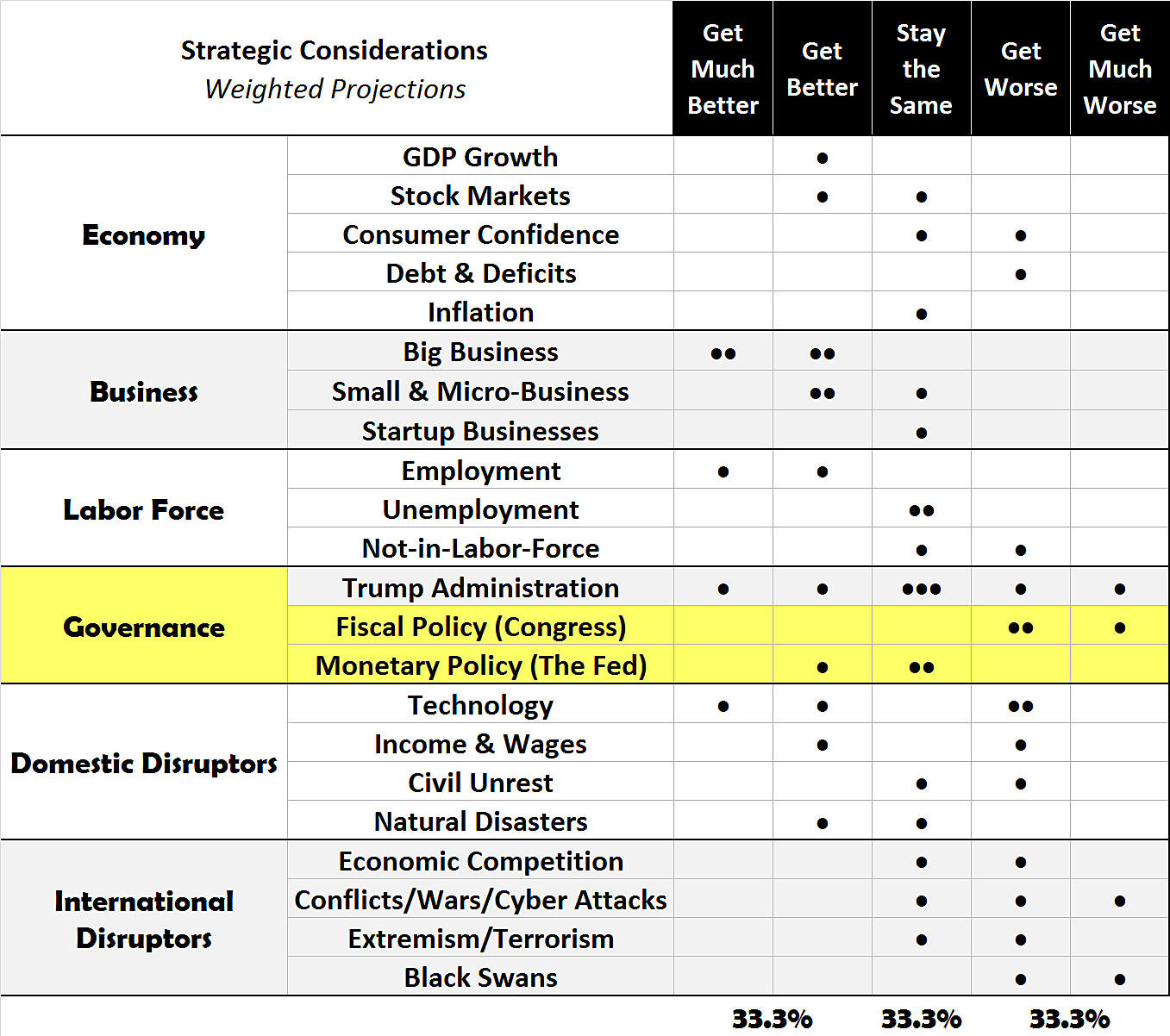FTC Probe Into OpenAI: Implications For The Future Of AI And Data Privacy

Table of Contents
The Nature of the FTC's OpenAI Investigation
The FTC's concerns regarding OpenAI center on potential violations of Section 5 of the FTC Act, which prohibits unfair or deceptive acts or practices. The investigation scrutinizes OpenAI's practices related to the collection, use, and protection of personal data used to train its powerful large language models (LLMs), such as GPT-4.
- Specific alleged violations: The FTC is likely investigating whether OpenAI has implemented sufficient data security measures to protect user data from unauthorized access or breaches. Allegations might include misleading statements about data usage, failing to obtain proper consent for data collection, or inadequately addressing biases within the data used to train its models. The focus is particularly on the vast quantities of data scraped from the internet, including potentially sensitive personal information.
- The FTC's authority: The FTC possesses broad authority to investigate companies suspected of violating consumer protection laws. If the FTC finds evidence of violations, it can impose significant penalties, including hefty fines, cease-and-desist orders, and even structural remedies that could reshape OpenAI's operations.
- Focus on LLMs and data collection: The core of the FTC OpenAI investigation lies in the immense datasets used to train OpenAI's LLMs. The investigation aims to determine if OpenAI's data collection methods comply with existing data privacy regulations and whether sufficient safeguards are in place to protect user rights and prevent harm.
Impact on AI Innovation and Development
Increased regulatory scrutiny, as exemplified by the FTC OpenAI investigation, could significantly affect the pace of AI development. A cautious approach by developers is understandable, given the potential risks.
- Potential chilling effect on innovation: The fear of legal repercussions could deter companies from investing in and developing cutting-edge AI technologies. This "chilling effect" might slow down progress in the field.
- Increased costs associated with compliance: Companies will need to invest more resources in ensuring compliance with data privacy regulations, leading to increased development costs and potentially hindering smaller AI startups.
- The need for a balanced approach: A balanced approach is necessary, one that fosters innovation while simultaneously ensuring the ethical and responsible use of AI and personal data. Overly burdensome regulation could stifle progress, while inadequate protection risks harm to individuals.
The Role of Responsible AI Development
Ethical considerations and responsible AI development are paramount. The FTC OpenAI investigation highlights the urgent need for proactive measures.
- Data minimization and anonymization techniques: Reducing the amount of data collected and employing anonymization techniques are crucial steps toward protecting user privacy.
- Transparency in data usage and model training: Openness about how data is used to train AI models builds trust and allows for better scrutiny of potential biases and harms.
- Mechanisms for user control and data access: Individuals should have control over their data and the ability to access, correct, or delete information used to train AI systems.
Implications for Data Privacy Regulations
The FTC OpenAI investigation could significantly influence future data privacy legislation, both domestically and internationally.
- Strengthening existing laws: The investigation could lead to updates to existing laws like the California Consumer Privacy Act (CCPA) and the General Data Protection Regulation (GDPR) to better address the unique challenges posed by AI systems.
- Development of new regulations specifically targeting AI systems: New regulations might be necessary to address the specific data privacy concerns arising from the use of AI, particularly concerning the training of large language models.
- The need for international cooperation: Given the global nature of AI development and data flows, international cooperation will be crucial in establishing consistent and effective AI regulations.
The Global Landscape of AI Regulation
The FTC's actions could significantly impact global efforts to regulate AI.
- Comparison with regulatory approaches in other countries: The FTC OpenAI investigation provides a case study that will be analyzed and compared with regulatory approaches in other countries, such as the European Union's AI Act.
- Challenges in creating consistent global standards: Harmonizing AI regulations across different jurisdictions presents significant challenges due to varying legal frameworks and priorities.
- Potential for trade disputes: Disagreements over AI regulation could lead to trade disputes between nations with differing approaches.
The Future of OpenAI and the AI Industry
The FTC OpenAI investigation's outcome will have far-reaching consequences for OpenAI and the broader AI industry.
- Potential fines and other penalties for OpenAI: Depending on the findings, OpenAI could face substantial fines and other penalties for violating data privacy laws.
- Changes to OpenAI's data practices and business model: The investigation might necessitate significant changes to OpenAI's data collection, processing, and usage practices, potentially impacting its business model.
- Impact on investor confidence and funding for AI startups: The investigation's outcome could influence investor confidence and the availability of funding for AI startups, potentially slowing down the pace of innovation.
Conclusion
The FTC's investigation into OpenAI marks a pivotal moment for the future of artificial intelligence and data privacy. The outcome of this probe will significantly shape the regulatory landscape, influencing both the development of innovative AI technologies and the protection of user data. While fostering innovation is crucial, the need for responsible AI development and robust data privacy regulations cannot be overstated. The implications of this FTC OpenAI investigation are far-reaching, and the industry must proactively adapt to ensure a future where AI benefits society while safeguarding fundamental rights. Staying informed about developments in this FTC OpenAI investigation is crucial for anyone involved in or impacted by the AI industry. Learn more about the evolving landscape of AI regulation and the importance of responsible AI practices to navigate this crucial juncture.

Featured Posts
-
 Explore Provence On Foot A Self Guided Walk From Mountains To Mediterranean
May 22, 2025
Explore Provence On Foot A Self Guided Walk From Mountains To Mediterranean
May 22, 2025 -
 The Trans Australia Run A Historic World Record In Jeopardy
May 22, 2025
The Trans Australia Run A Historic World Record In Jeopardy
May 22, 2025 -
 Tuerkiye Nato Zirvesinde Belirleyici Guec Yeni Bir Doenem Basliyor Mu
May 22, 2025
Tuerkiye Nato Zirvesinde Belirleyici Guec Yeni Bir Doenem Basliyor Mu
May 22, 2025 -
 Inflation Data Impacts Boes Monetary Policy Outlook Pound Reacts Positively
May 22, 2025
Inflation Data Impacts Boes Monetary Policy Outlook Pound Reacts Positively
May 22, 2025 -
 Suspect Arrested After Deadly Shooting At Israeli Embassy In Washington
May 22, 2025
Suspect Arrested After Deadly Shooting At Israeli Embassy In Washington
May 22, 2025
